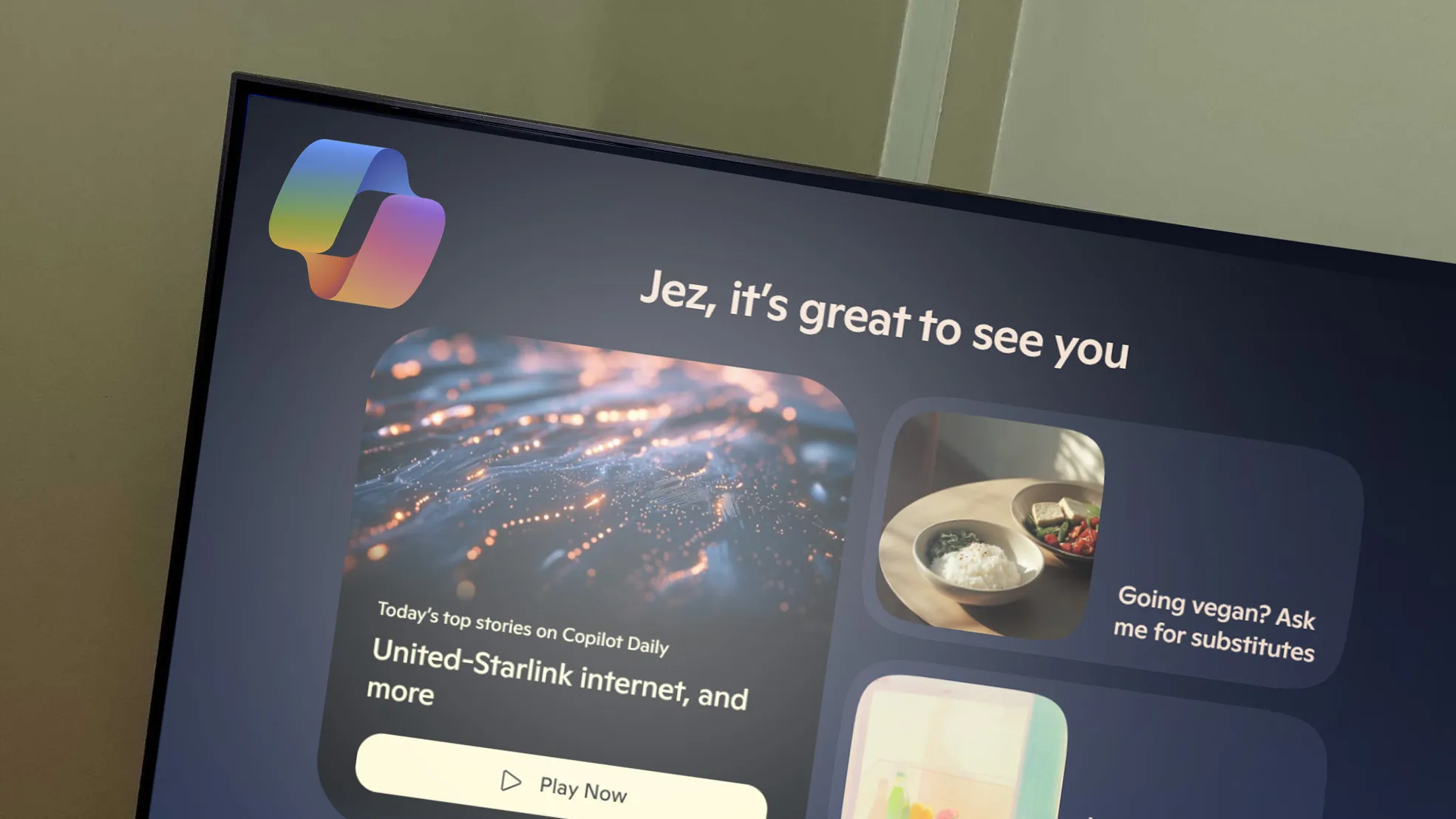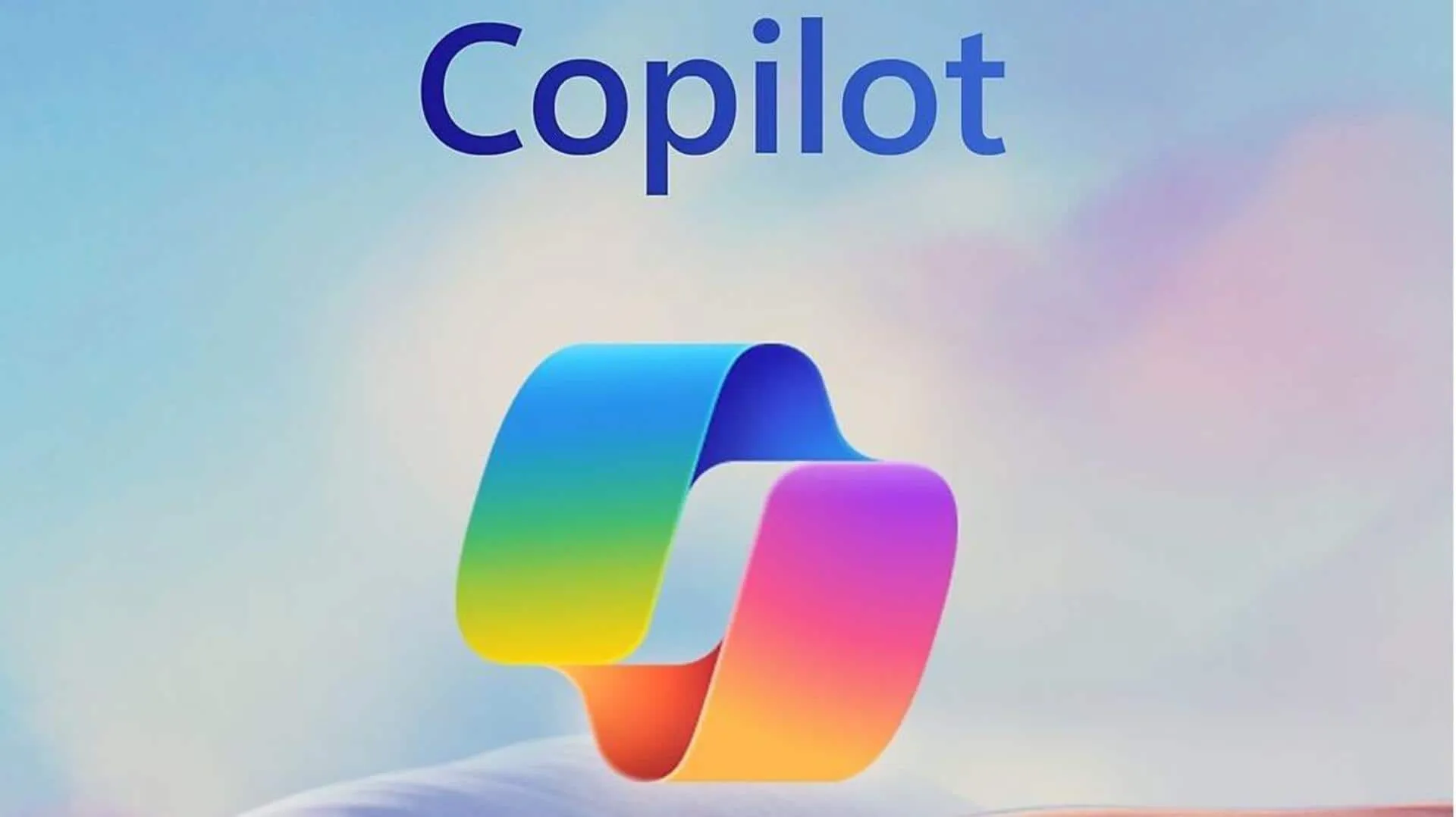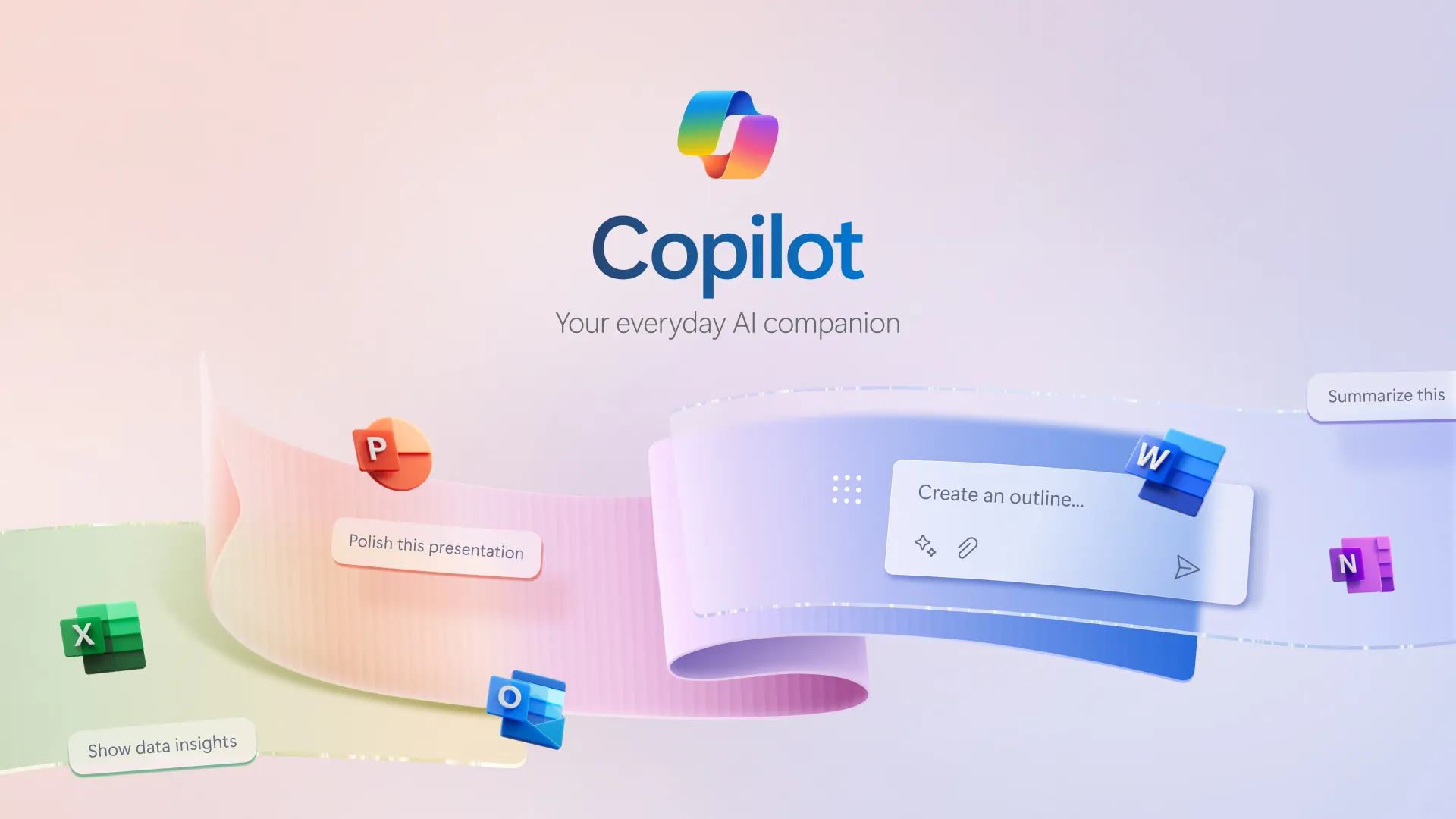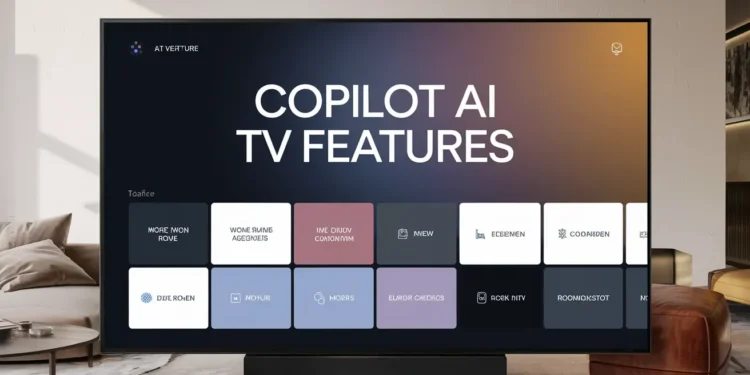Both LG and Samsung are pioneering the push towards more intelligent and responsive televisions. LG is introducing a dedicated AI section on its smart TVs and rebranding its remote control as the “AI Remote.” This new section promises users the ability to navigate through complex information efficiently, using contextual cues to optimize their viewing and interaction experiences.
Samsung is not far behind, with its new Vision AI features. These include AI upscaling, Auto HDR Remastering, and Adaptive Sound Pro, alongside a novel AI button on the remote that activates new functionalities like food recognition and AI-enhanced home security. These features are expected to transform how viewers interact with their TVs, making the experience more intuitive and tailored to individual preferences and needs.

Microsoft Copilot: More Than Just a Feature
The integration of Microsoft’s Copilot AI assistant goes beyond a mere additional feature; it represents a significant leap towards creating a more connected and intelligent home ecosystem. Microsoft and Samsung’s collaboration was highlighted in a recent press release, stating, “This partnership will enable users to explore a wide range of Copilot services, including personalized content recommendations.”
Although specifics on how Copilot will operate on these TVs have not been fully demonstrated yet, the anticipation is building. Microsoft’s Copilot is expected to serve as a bridge between users and a more personalized, AI-driven content discovery and management process.

Industry Implications and Consumer Expectations
The decision by LG and Samsung to adopt Microsoft’s AI technology indicates a strong belief in the potential of AI to enhance consumer electronics. It reflects a broader trend in the tech industry towards more interconnected and intelligent devices.
However, as noted in the absence of detailed demonstrations from the companies, there remains a degree of skepticism about the practical implementation of these AI features. Will they truly revolutionize the user experience, or are they merely the latest in a line of tech gimmicks?

As we look forward to more innovations in AI and smart technology, the integration of Microsoft’s Copilot into LG and Samsung’s TVs is certainly something to watch. This development not only highlights the ongoing evolution of smart home technology but also sets the stage for future advancements that could further transform the digital landscape of our living rooms.
In the world of consumer electronics, where the competition is always fierce, such innovations may well determine the next leaders in the smart TV market. As AI continues to evolve, it promises to bring about a deeper, more intuitive interaction between humans and the technology that surrounds them. Whether this AI integration becomes a pivotal turning point or just another tech trend remains to be seen, but one thing is clear: the future of home entertainment is here, and it is smarter than ever.










